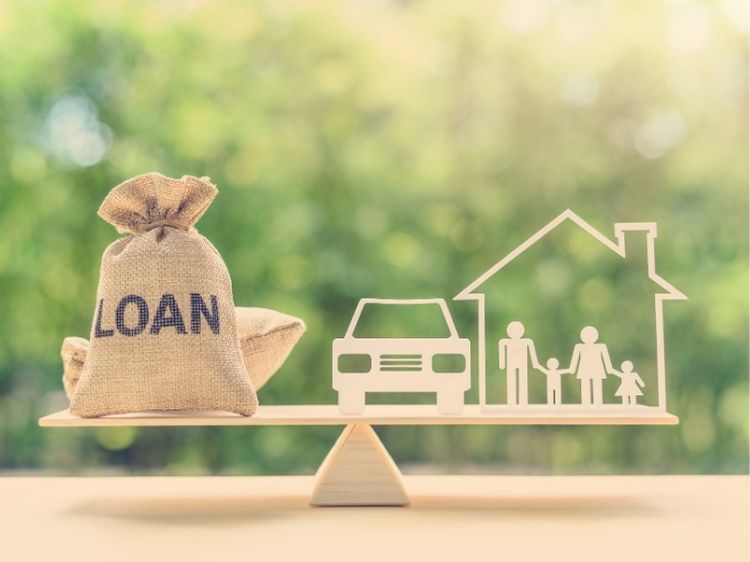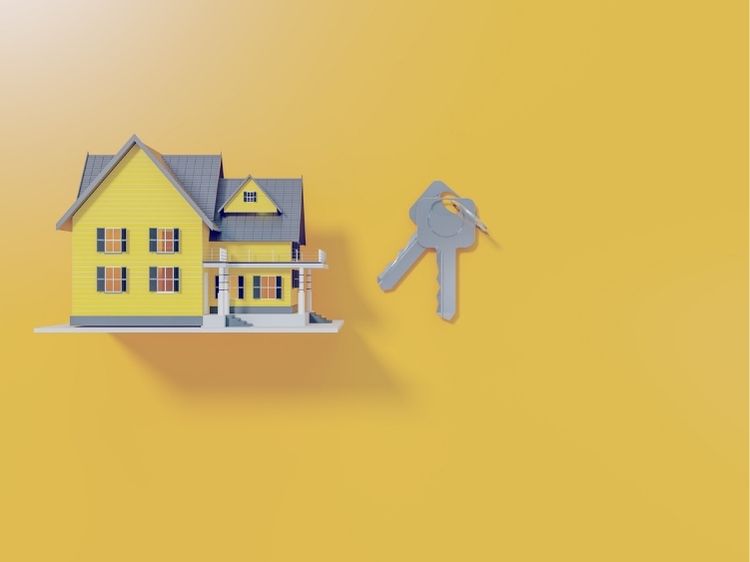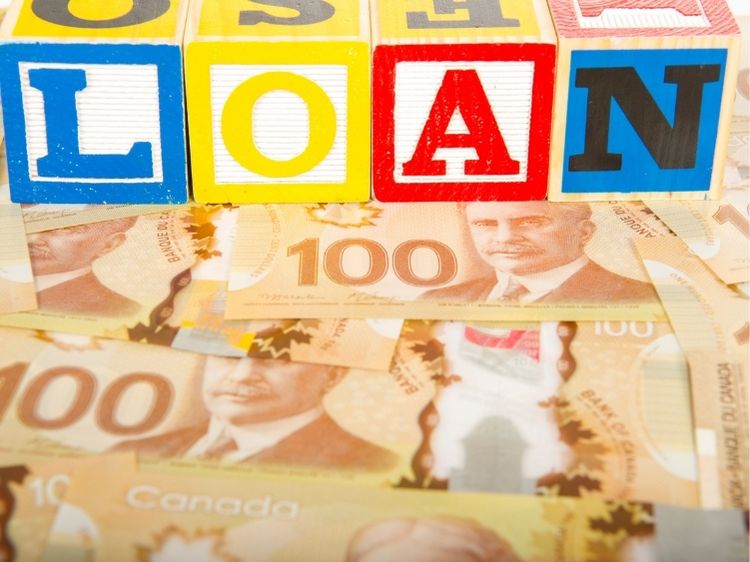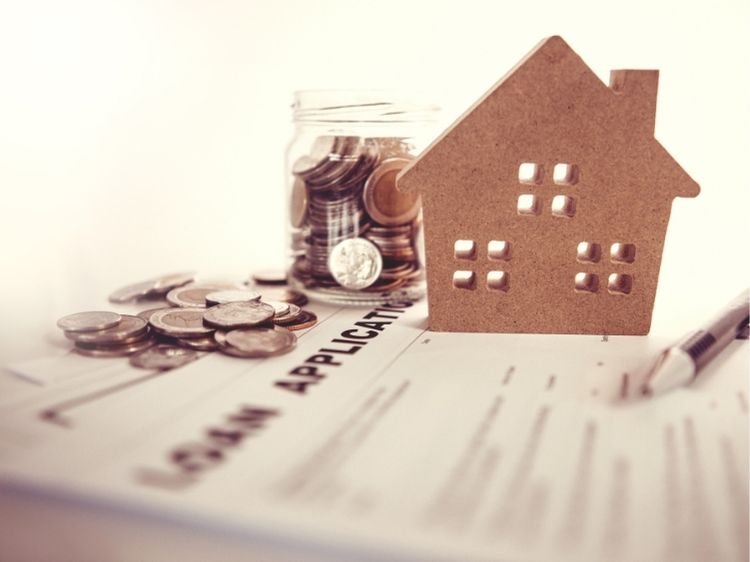Bad credit can feel like a constant weight on your shoulders, especially when it comes to securing a loan. If you’re in need of financial help but your credit score is less than stellar, don’t panic! Bad credit loans are specifically designed to offer solutions for those in tricky financial situations. So, what are these loans, and how can you navigate the process without falling into a financial trap? Let’s dive into everything you need to know about bad credit loans, from what they are to how you can apply—and most importantly, how you can use them to rebuild your credit.
What Are Bad Credit Loans?
Bad credit loans are personal loans tailored for individuals with poor or no credit history. Lenders who offer these loans understand that not everyone has a perfect credit score, and they’re willing to take on the risk of lending to people in challenging financial circumstances. However, there’s often a catch: higher interest rates and shorter repayment terms.
Here are some key features of bad credit loans:
- Higher Interest Rates: Because of the increased risk, lenders charge higher interest rates.
- Lower Loan Amounts: Bad credit loans generally offer smaller loan amounts compared to traditional loans.
- Shorter Repayment Periods: Lenders often require repayment in a shorter time frame, which can make monthly payments higher.
But before you run in the opposite direction, let’s break down some of the positives and how you can use bad credit loans to your advantage.
Types of Bad Credit Loans
When you think about bad credit loans, you might picture predatory lenders or sky-high interest rates. While these do exist, they’re not your only option. There are several types of bad credit loans, each designed for different needs. Let’s look at some of the most common options:
1. Secured Loans
Secured loans require collateral—something of value like your car, home, or savings account—that the lender can claim if you default on the loan. Because you’re offering up collateral, secured loans usually come with lower interest rates than unsecured loans, even for bad credit borrowers.
2. Unsecured Loans
On the other hand, unsecured loans don’t require collateral. The trade-off is higher interest rates and tougher qualification standards. These are riskier for lenders, so they protect themselves by charging more.
3. Payday Loans
Payday loans are short-term, high-interest loans intended to be repaid by your next paycheck. They’re one of the fastest options if you need cash quickly, but be warned—they come with incredibly high fees and APRs that can trap you in a cycle of debt if not handled carefully.
4. Title Loans
If you own a vehicle, you can apply for a title loan by offering your car’s title as collateral. These loans typically come with very high-interest rates, but they don’t require a credit check. However, if you can’t repay, you risk losing your car.
Pros and Cons of Bad Credit Loans
Just like any financial product, bad credit loans come with their own set of pros and cons. Let’s break it down so you can weigh your options effectively.
Pros:
- Quick Access to Funds: When you’re in a bind, bad credit loans can offer a fast solution. Many lenders provide approval in as little as 24 hours.
- Credit Building Opportunity: If you make your payments on time, bad credit loans can help you improve your credit score over time, making you eligible for better financial products in the future.
- No Collateral Required: Many bad credit loans are unsecured, meaning you won’t need to put your property at risk.
Cons:
- High Interest Rates: Lenders compensate for the risk of lending to bad credit borrowers by charging high interest rates, which can make the loan more expensive over time.
- Potential Debt Cycle: If you’re not careful, it’s easy to fall into a cycle of borrowing and repaying, especially with payday loans or title loans.
- Short Repayment Terms: You may have to repay your loan quicker than you expect, leading to higher monthly payments.
How to Qualify for a Bad Credit Loan
You may think qualifying for a loan with bad credit is impossible, but that’s not the case. While your credit score is a factor, there are other ways to increase your chances of getting approved:
- Shop Around: Different lenders have different criteria. Some may focus on your income rather than your credit score, so it’s essential to compare multiple lenders.
- Consider a Co-signer: If you can’t qualify on your own, having a co-signer with good credit can improve your chances.
- Offer Collateral: Opting for a secured loan with collateral can help reduce interest rates and make approval more likely.
- Improve Your Debt-to-Income Ratio: Lenders want to see that you have enough income to repay the loan. If your debt-to-income ratio is high, paying down some debt can improve your chances.
Tips for Finding the Best Bad Credit Loan
Not all bad credit loans are created equal. If you’re shopping for one, here are a few things to keep in mind:
- Look for Lenders with Flexible Terms: Some lenders are more flexible than others. Find one that offers a payment plan that fits your budget.
- Avoid Predatory Lenders: Be cautious of payday loans or title loans with high-interest rates. These can often do more harm than good.
- Check for Prepayment Penalties: Some lenders will charge you a fee if you pay off your loan early. Look for loans without prepayment penalties.
- Read the Fine Print: Always read through the loan’s terms and conditions to understand all the fees, penalties, and interest rates.
FAQs About Bad Credit Loans
1. Can I get a bad credit loan with no credit check?
Yes, some lenders offer no credit check loans, but they often come with higher interest rates or require collateral, such as a car title.
2. How long does it take to get approved for a bad credit loan?
Approval times vary, but many online lenders can approve and fund loans within 24-48 hours.
3. Are there bad credit loans with low interest rates?
Yes, secured loans often come with lower interest rates because they’re backed by collateral. Shopping around and comparing lenders is key to finding the best rate.
4. Can bad credit loans help improve my credit score?
Absolutely! If you make your payments on time and repay the loan in full, it can positively affect your credit score.
5. What happens if I default on a bad credit loan?
Defaulting on a loan can lead to additional fees, a lowered credit score, and in the case of secured loans, the loss of your collateral.
Summary
Bad credit loans can be a lifeline for individuals facing financial difficulties, but they come with their own set of challenges. By understanding the types of loans available, weighing the pros and cons, and knowing how to qualify, you can make an informed decision that won’t lead to further financial stress. Always remember to compare lenders, avoid predatory practices, and use the opportunity to rebuild your credit.



